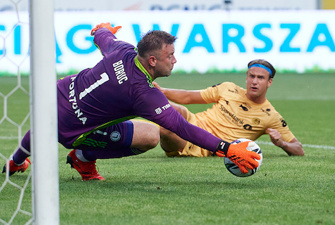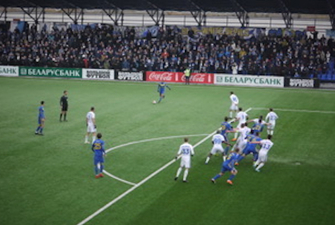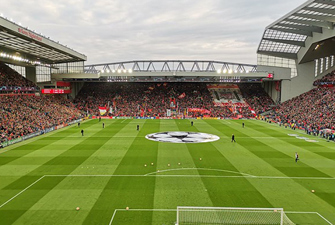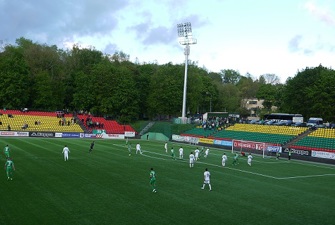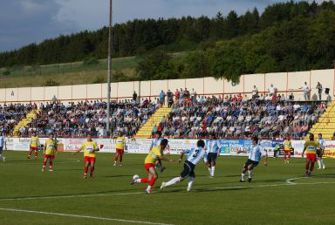New Champions League Index shows less diversity
The number of new clubs entering into the Champions League in 2013/14 has dwindled compared to last year, according to the annual Champions League diversity index calculated by Steve Menary for Play the Game.
Just nine teams expected to feature in the 2013/14 Champions League will be making their debut as the amount of new teams entering the world’s richest competition contracts according to Play the Game’s annual Champions League diversity index.
Last season, 11 clubs made their debut in the Champions League but that number has dwindled in 2013/14.
The same two clubs represented Ukraine for two decades until Metalist Kharkiv beat perennial Champions League combatants Dynamo Kiev to the runners-up spot in the Ukrainian League last season to join Shaktar Donetsk in the 2013/14 competition.
Despite this, the Ukraine has the least diverse range of teams in the competition with these three sides sharing 34 Champions League places since 1994/95. Greece, Scotland and England follow Ukraine on the list of countries having the least diverse representation in the Champions League, while other big football nations like Italy, Spain, Germany and France are ranked between 8 and 16 in this year’s index.
The index works by dividing the total number of Champions League places awarded to a country by the amount of clubs to have taken part since 1994/95, when major structural changes were made to the former European Cup.
Liechtenstein does not enter the Champions League and, of the remaining 52 UEFA members, 21 will be represented in the competition in 2013/13 by exactly the same club or clubs as in last season according to the index.
New clubs on the European stage
The country supplying the most diverse range of clubs to the Champions League is Montenegro. In the seven seasons since the former Yugoslav republic began entering clubs into the Champions League, five different Montenegrin clubs have taken part. Montenegrin champions Sutjeska Nikšic are one of nine Champions League debutants in 2013/14.
Paços de Ferreira, the surprise third place finishers in Portugal’s Primeira Liga, are another of the 76 clubs taking part in 2013/14 that will be making their debut. So are Belgian side Zulte Waregem and Hungarian champions Gyor.
Either F91 Dudelange or Jeunesse d’Esch have represented Luxembourg in the Champions League over the past decade but last season Fola Esch won the league title in the Grand Duchy for the first time since 1930 and will make their Champions League debut in 2013/14.
FC Daugava become only the fourth different club since 1993/94 to represent Latvia in the Champions League. Sligo Rovers from the Republic of Ireland and Nõmme Kalju of Estonia are the other two clubs making their Champions League debut this coming season.
The history of Champions League
The 2013/14 season will be the 22nd edition of the Champions League but the twentieth since the competition began evolving into the world’s richest club competition.
The catalyst for the competition was the end in 1993/94 of a rights agreement between UEFA and the European Broadcasting Union, which enabled the European football body to react to threats of a breakaway by the continents’ biggest clubs.
In 1994/95, a group stage featuring four groups of four clubs each was introduced in the first of many attempts to maximise revenue, while the champions of most small countries were barred from entering and dispatched to the UEFA Cup instead.
This only lasted three seasons with smaller clubs allowed back in 1997/98 as the group stage was expanded to six groups. Since then, the Champions League has grown remorselessly with shared €754.1 shared between participating clubs in 2011/12.

